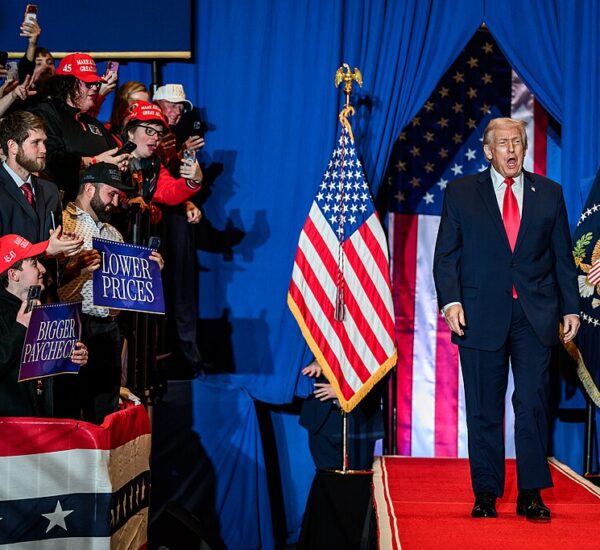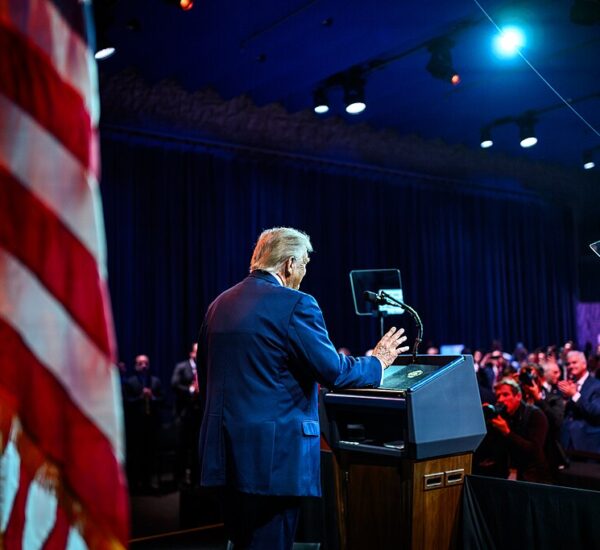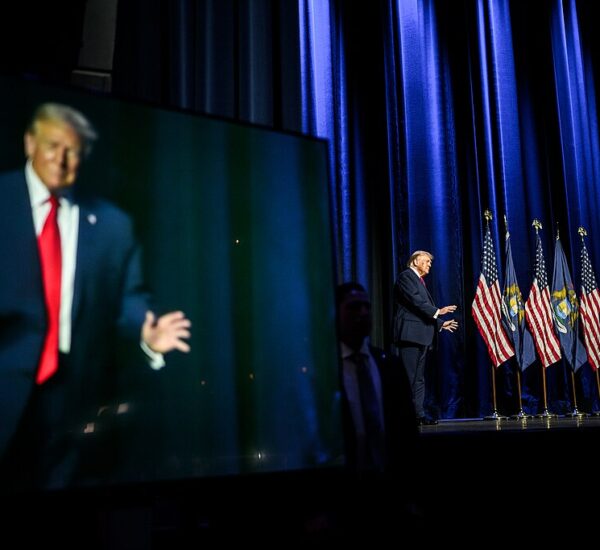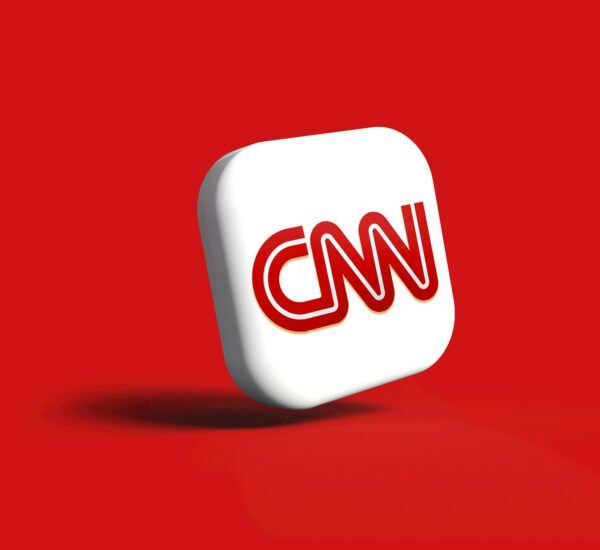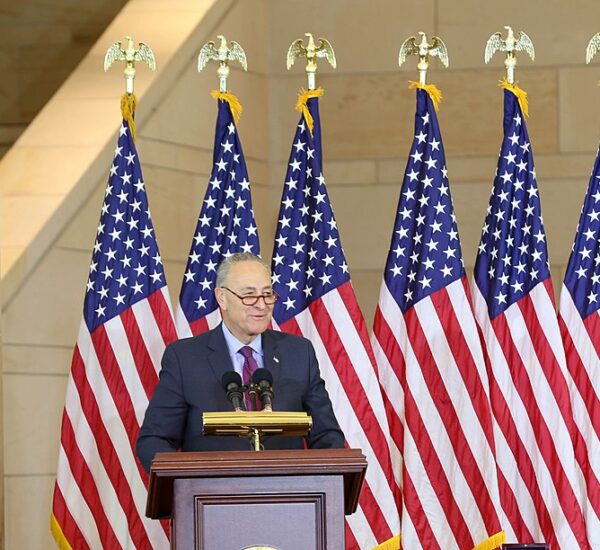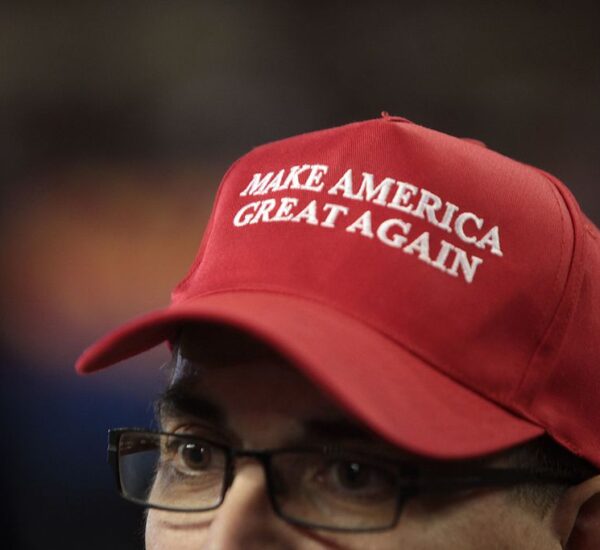Trump Signs Key TikTok Deal
Washington, D.C. – President Donald Trump has officially signed a powerful executive order to keep TikTok available in the United States, ending months of speculation about whether the wildly popular app would be banned for its ties to Communist China.
This historic move comes after intense negotiations and mounting national security concerns over Chinese-owned ByteDance, the parent company behind TikTok. Under U.S. law passed in 2024, ByteDance was ordered to either divest its American operations or face a full ban.
Now, thanks to President Trump, TikTok will remain accessible to millions of Americans — but under strict U.S. control.
TikTok to Become a U.S.-Controlled Company
Under the new deal, TikTok will spin off into a brand-new American-owned entity, free from Beijing’s influence.
- Oracle and Silver Lake, two major U.S. companies, will take a majority stake, ensuring American oversight.
- ByteDance’s ownership will drop to under 20%, complying with the law to limit foreign control.
- The new U.S. entity will be valued at an estimated $14 billion, Vice President J.D. Vance confirmed Thursday.
Oracle will also handle data security, safeguarding Americans’ personal information and ensuring China has zero access to the platform’s algorithm or user data.
Trump’s Direct Role and China’s Approval
Speaking from the Oval Office, President Trump revealed that he personally secured the agreement after direct talks with Chinese President Xi Jinping.
“I had a very good conversation with President Xi,” Trump said.
“We discussed TikTok and other important matters. He gave us the go-ahead, and now we have a path forward that protects our country and its citizens.”
The executive order gives all parties 120 days — until January 23, 2026 — to finalize every detail of the deal.
Congressional Republicans Applaud Trump’s Leadership
Key Republican lawmakers praised President Trump’s decisive action while calling for strict oversight to ensure TikTok is permanently free from CCP (Chinese Communist Party) control.
House Energy and Commerce Chair Brett Guthrie (R-KY), along with Reps. Gus Bilirakis (R-FL) and Richard Hudson (R-NC), issued a joint statement:
“This deal is a strong step toward protecting American users. As details are finalized, we must remain vigilant against any CCP-aligned influence or surveillance.”
The original divest-or-ban law, passed with overwhelming bipartisan support in April 2024, was designed to shield Americans’ data and stop foreign propaganda from manipulating U.S. elections.
TikTok’s Surprising Role in Trump’s Reelection
During the 2024 presidential campaign, TikTok unexpectedly became a game-changing tool for Trump’s reelection strategy. His campaign effectively used the platform to reach younger voters, pulling thousands of college-aged Americans away from the Democratic Party and boosting support for Trump’s victory.
Initially, Trump supported an outright ban of TikTok due to national security concerns. However, after recognizing its potential to engage millions of voters, he shifted gears and pushed for a deal that would secure the app under American control rather than destroy it.
Why This Matters for America’s Future
This deal represents more than just the fate of a social media app. It’s about protecting national sovereignty, defending Americans’ privacy, and ensuring foreign governments cannot manipulate U.S. elections.
Vice President Vance summed it up perfectly:
“Our priority was to keep TikTok running while protecting Americans’ personal data. This agreement accomplishes both — safeguarding our country while maintaining a platform that millions depend on every day.”
With Trump’s leadership, TikTok will continue to operate in the U.S., but this time as a fully secured, American-controlled company.
Bottom Line
President Trump has once again delivered on his promise to put America first. By forcing ByteDance to divest and securing TikTok’s future under U.S. ownership, Trump has protected millions of Americans from foreign surveillance while preserving a key tool for communication, culture, and free expression.
As the January deadline approaches, all eyes will be on how China responds and whether this landmark deal will truly end Beijing’s grip on American social media.

